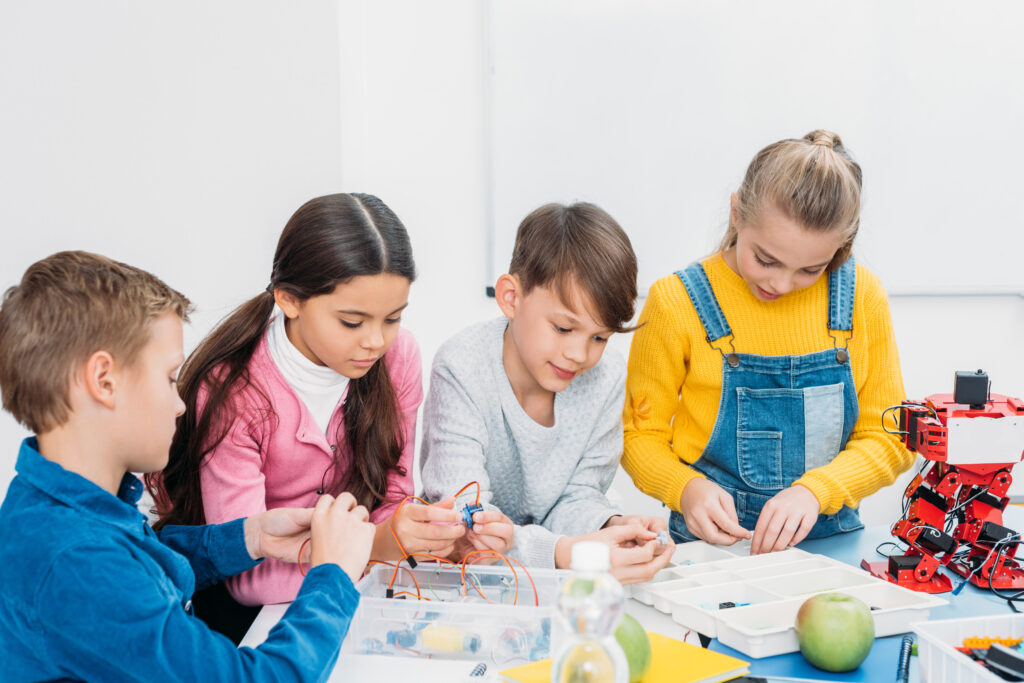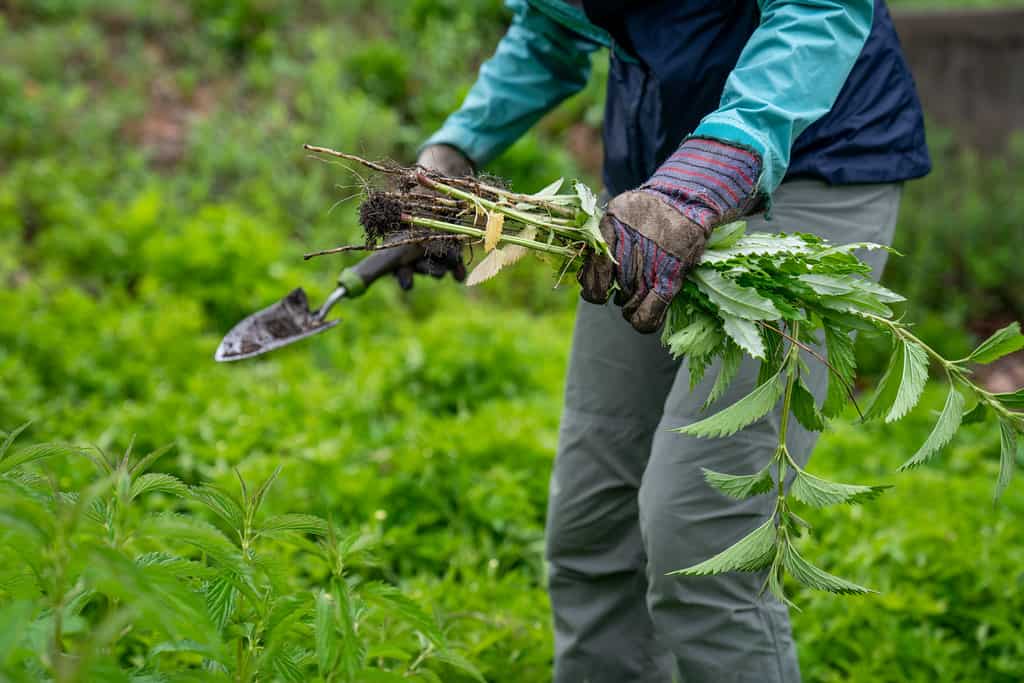Get support for student success - right in your inbox
NHLI | New Hampshire Learning Initiative
All Students Deserve a Quality Education
/ June 5, 2024
Project Based Learning: A Dive Into The Student-Centered Classroom
Project-Based Learning is a teaching strategy that changes the dynamics in the classroom and traditional education. Instead of passively receiving information from teachers, students engage in hands-on projects that require them to apply what they have learned to solve real-world problems. Whether designing a sustainable city, creating a food plan and layout for a local restaurant, or educating the public on invasive species and removing them from their local environmental community, PBL empowers students to become active participants in their learning journey.

In traditional classrooms, the emphasis has often been on teacher-centered lessons and standardized testing. However, in today’s world, such classroom practices may no longer be enough to prepare students for the challenges they will face in their personal and professional lives, and we need to shift towards assessment methods that evaluate students’ ability to think critically, solve complex problems, and demonstrate practical skills.
What sets PBL apart from other teaching methods is its emphasis on collaboration, critical thinking, and problem-solving skills. By working together in teams, students learn from their teachers and each other, gaining valuable insights and perspectives. This collaborative approach mirrors how work is done in the real world, where success often depends on communicating effectively and working well with others.

PBL encourages students to think outside the box and take risks in their learning. Instead of fearing failure, they see it as an opportunity to learn and grow. For example, in a high school biology class, students study the impact of Japanese Knotweed and Oriental Bittersweet, invasive plants that do not belong in nearby forests and can harm other plants and animals. They decide to do something about it. In their studies, students have learned how to remove these plants without spreading them. It is difficult work, but they know protecting the forest and finding places where the plants grow must be done. Carefully, they cut them down and pull them out by the roots. Students work together to clear big areas where the plants have taken over. Knowing that their work has impacted the environment as these plants can no longer grow there, the students think about their actions. They realize how important it is to take care of nature. They hope their work will inspire others to protect forests and the creatures that live in them.
Teaching PBL is enhanced by incorporating the Agile Learning process, drawing inspiration from software development, where agility and flexibility are key. In an Agile Learning environment, the emphasis is on iterative learning cycles, rapid prototyping, and continuous feedback. Agile provides regular feedback and opportunities for reflection throughout the process, unlike traditional assessment practice at the end of a project. This enables students to monitor their progress, identify areas needing improvement, and make necessary adjustments along the way. Additionally, it fosters collaboration among students, enhancing their ability to manage tasks to completion effectively.
One of the most significant benefits of Agile Learning is that it fosters a growth mindset among students. Some students may believe intelligence is fixed, but with Agile, they learn that intelligence grows with effort and perseverance. Recognizing the importance of growth and resilience, students realize that these qualities are pivotal to academic and personal success in school and beyond.

Project-based Learning is not a one-size-fits-all solution for every student. What’s effective for one group may not be as effective for another. It’s important to approach PBL with an open mind, ready to adjust and refine it based on students’ specific needs. PBL is an iterative process that, when used correctly, can lead to student success.
This innovative approach unlocks a student’s full potential without adding to a teacher’s already full plate. When a new initiative is introduced, teachers frequently worry about adding to their workload. However, incorporating PBL enhances both students’ and teachers’ existing work. By implementing PBL strategies in their classrooms, teachers improve their teaching and empower students to tackle current challenges.
Join NHLI for Engaging Students Through Project Based Learning, a 3-day workshop on June 25th, 26th, and 27th, 2024 at Winnacunnet High School, Hampton, NH where you will explore ways to empower your students to own their learning journey, gain critical thinking skills, and cultivate a growth mindset that extends far beyond the classroom walls. Click here to learn more about the workshop.
Categories: Agile Classrooms NHLInsights, Research and Resources Project-Based Learning Student Agency Student-Centered Learning
